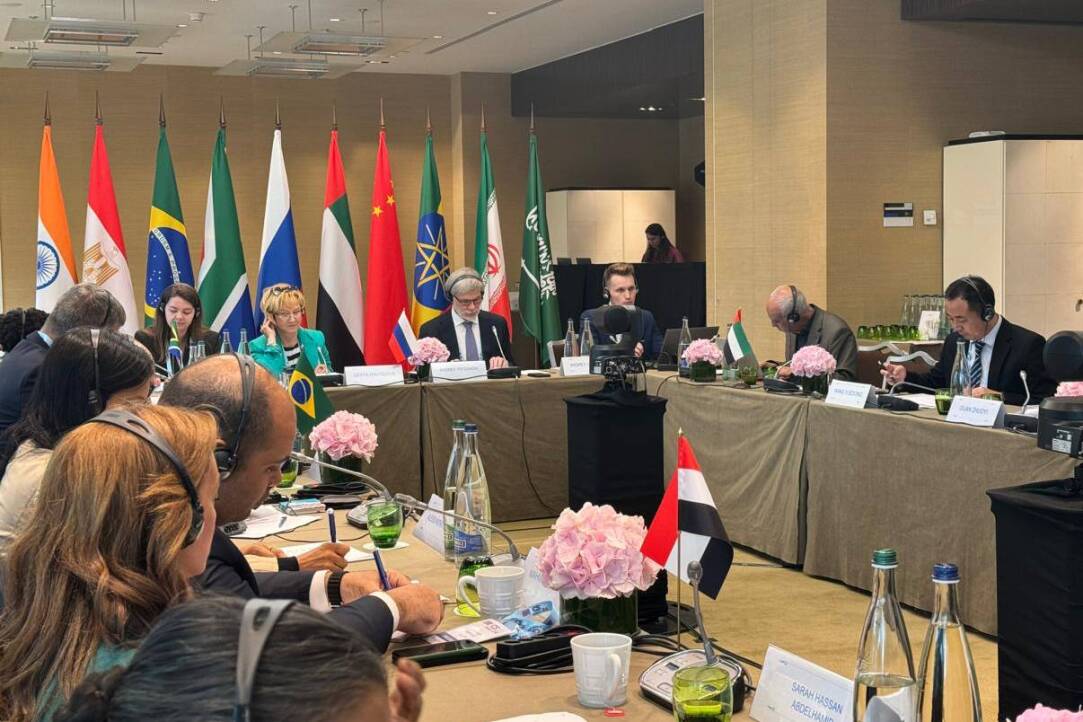
BRICS Countries Support HSE University’s Project to Launch Fair Competition Platform
A meeting of the BRICS Coordination Committee on Antimonopoly Policy was held in Geneva as part of Russia's BRICS Chairship in 2024. The meeting participants supported a project to launch a BRICS Interstate Platform on Fair Competition, developed by the International BRICS Competition Law and Policy Centre of HSE University and presented by the FAS of Russia as an initiative of the Russian Chairship.

'We Are Open to Cooperation on an Equal Basis and Will Find a Path to a Better Future'
How are digital platforms contributing to sustainable development? How is international cooperation progressing in Eurasia? How should the Russia-India business dialogue proceed? HSE University's scientists presented their answers during expert discussions at the St Petersburg International Economic Forum.

HSE University and Sber Conduct Foresight in Artificial Intelligence
HSE University, in collaboration with Sber, have conducted a foresight study on artificial intelligence (AI). Its early results were discussed by the participants of a strategic foresight session on exploratory research in AI, held at the Coordination Centre of the Russian Government, headed by Deputy Prime Minister Dmitry Chernyshenko. The results from the foresight study will inform the Unified Research and Development Programme in the Field of AI.
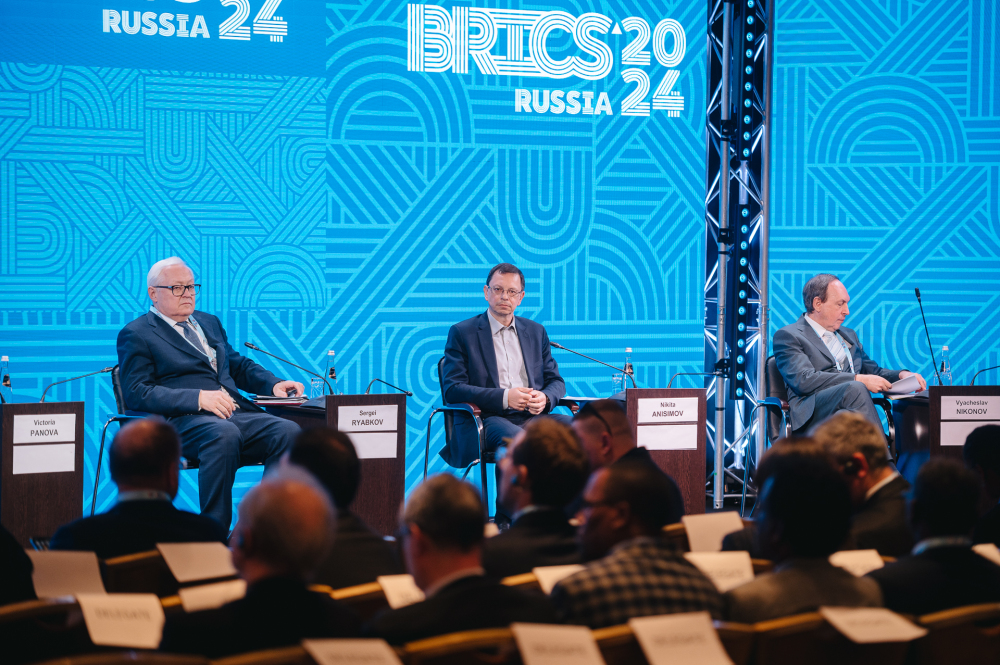
BRICS Academic Forum Held in Moscow
The Forum brought together more than 200 representatives from the expert community across all BRICS countries to discuss the topic ‘BRICS: New Figures at the Global Chessboard.’ The forum was organised by the BRICS Expert Council–Russia, which operates on the basis of HSE University. The event’s opening ceremony featured the representatives of the Ministry of Foreign Affairs, the State Duma, as well as HSE University Rector Nikita Anisimov and HSE Vice Rector, Russian W20 Sherpa Victoria Panova.
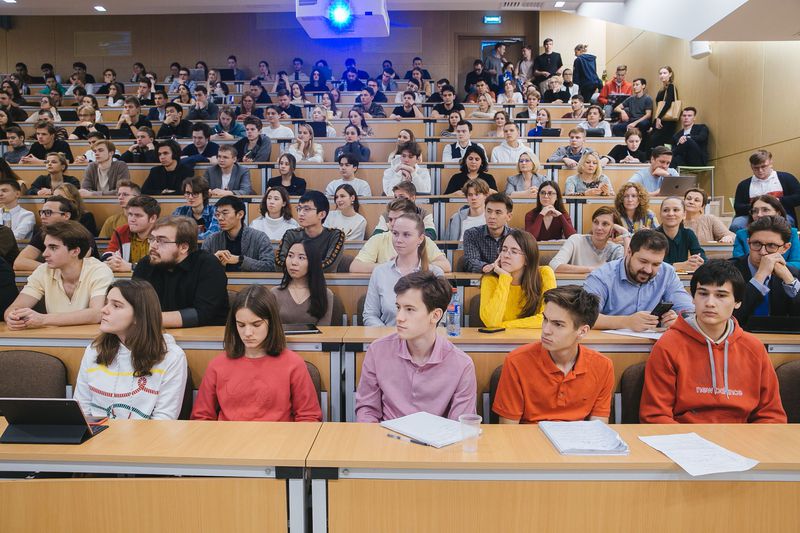
‘It Is Essential to Leave Home and Plunge into Deep Water’
The HSE University’s master’s programme in Science, Technology and Innovation Management and Policy is launching a double degree programme with the State University of Campinas (Unicamp), Brazil. Below, Dirk Meissner from HSE University, together with Bruno Fischer and Gustavo Salati from Unicamp, talk about the importance of academic knowledge for non-academic professions, the selection prerequisites for the programme, and the advantages of this type of cooperation for leading national universities.
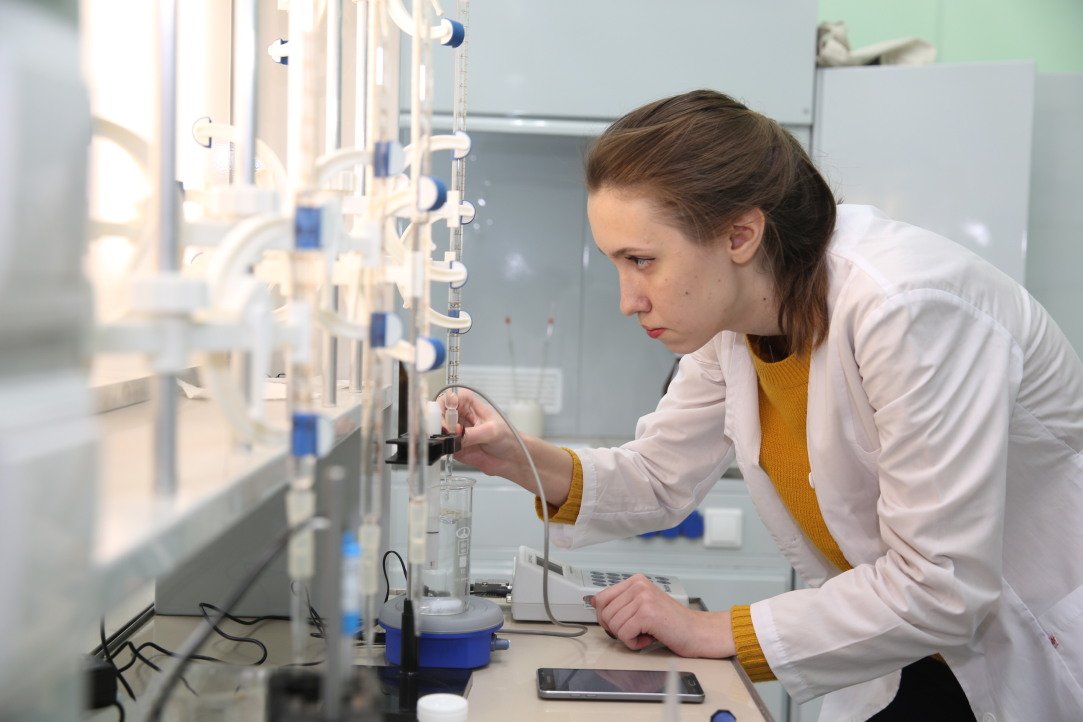
HSE ‘Mirror Laboratories’ Project Marks Five Years since Start
‘Mirror Laboratories’ is one of the flagship programmes of the HSE University aimed at developing domestic scientific partnerships. During the implementation of the project, 41 research projects were initiated in partnership with 30 regional universities and scientific organisations. A series of round tables timed to coincide with the fifth anniversary of the ‘Mirror Laboratories’ project, were held at the HSE University on April 24–25, 2024.
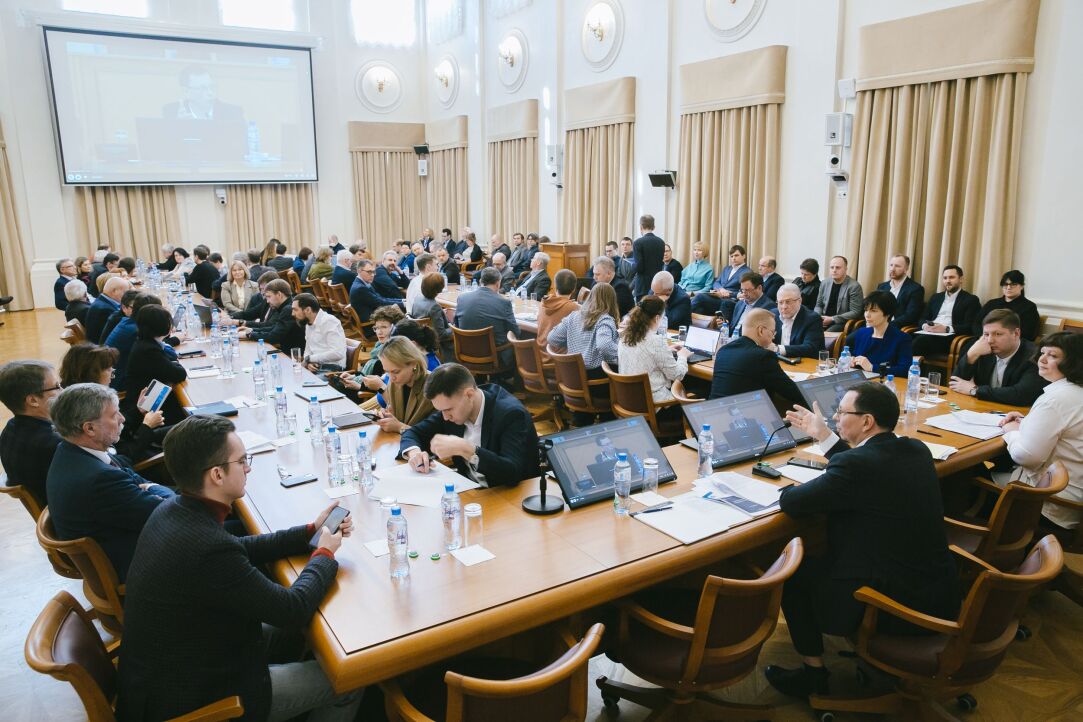
Newly-Elected HSE Academic Council Examines National Technological Priorities
On March 27, 2024 the first meeting of the newly-elected HSE Academic Council was held. The meeting approved the list and composition of commissions responsible for the preliminary consideration of issues prior to their inclusion in the Council’s agenda. The attendees also discussed Russia's technological priorities and outlined ways for university staff members to participate in addressing technological development challenges.
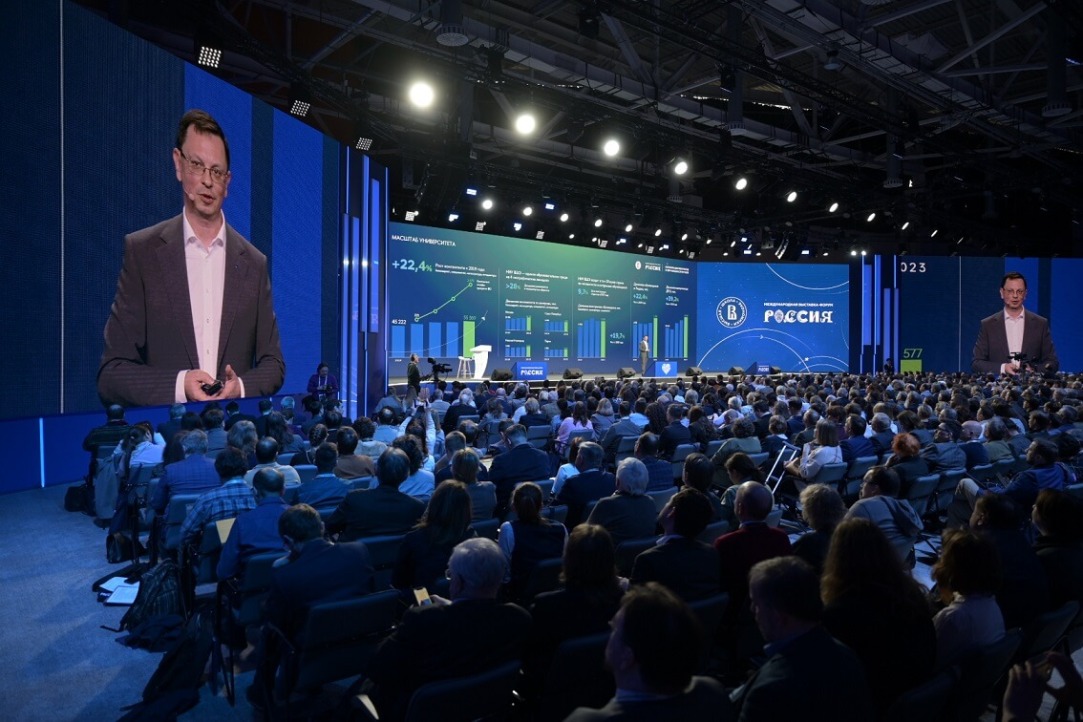
‘HSE Has What It Takes to Work Together and Achieve Great Things for Our Country’
At the HSE Staff and Student Conference, which took place at the Russia Expo on March 19, 2024, HSE Rector Nikita Anisimov presented an overview of the university's key achievements from 2019 to 2023.
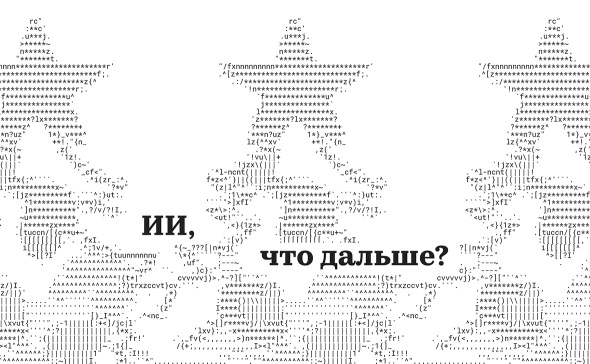
What Will 2024 Be Like? The Forecast by iFORA
RBC journalists decided to ask Russian artificial intelligence systems what 2024 will be like. Four leading Russian companies and HSE University took part in the project. The questions were answered by the iFORA big data intelligent analysis system developed by HSE ISSEK.
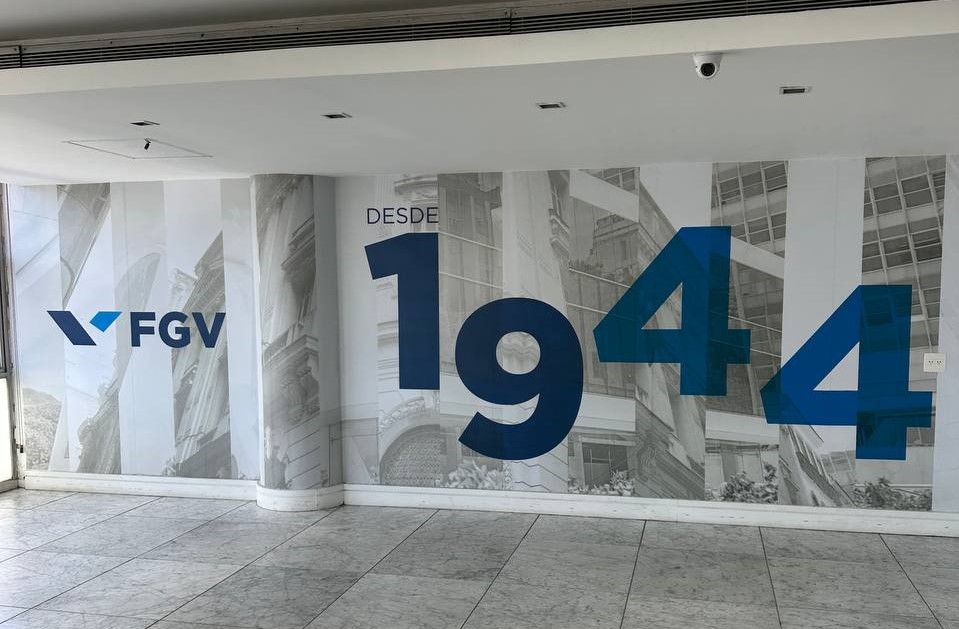
HSE University and Leading Universities in Brazil to Prepare Joint Cooperation Programmes
In the framework of a major academic mission to Latin America, a delegation from HSE University visited the Getulio Vargas Foundation (FGV), a Brazilian higher education institution and analytical centre for training specialists in administration. Representatives of FGV have expressed their interest in signing a cooperation agreement in the spheres of media communications and game theory.

